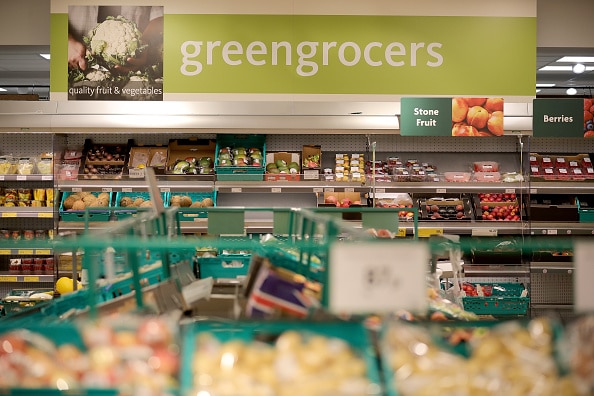Inflation reaches 7 per cent as Brits fear cost of living crisis

The Consumer Prices Index (CPI) rose seven per cent in the year to March, with Brits braced for sky-high price hikes across essential bills this spring.
According to figures published by the Office for National Statistics (ONS) today, the largest contributions to the increase came from motor fuels, with no large offsetting downward contributions.
The inflation metric was up from 6.2 per cent in February and is now nearing a previous high reached in March 1992, when CPI hit 7.1 per cent.
Wednesday’s figure was higher than some experts had predicted, with CityA.M. reporting earlier this week that some analysts placed their bets on the cost of living metric hitting 6.7 per cent in March.
The ONS noted that it was the highest CPI 12-month inflation rate in the National Statistics series, which began in January 1997.
The Consumer Prices Index including owner occupiers’ housing costs (CPIH) rose by 6.2 per cent in the 12 months to March 2022, up from 5.5 per cent in February.
Food and drink inflation has been further accelerated by Russia’s invasion of Ukraine will propel inflation higher, as supply chains have faced further constraints.
Helen Dickinson, chief executive of the British Retail Consortium, said: “Households around the UK will be feeling the pinch as the cost of living continues to rise. Retailers are trying to help consumers by expanding their value ranges and doing all they can to keep the price of essentials down.”
Myron Jobson, senior personal finance analyst at Interactive Investor, said a “new era” of higher inflation has only just started, with “the worse yet to come”.
“Prices have surge at a time when wage growth is struggling to keep pace, meaning people have less money to spend and leaves many households in a financially precarious position,” Jobson added.
“We all should strap in for a period of heightened inflation that is expected to last until 2024 according to official estimates.”